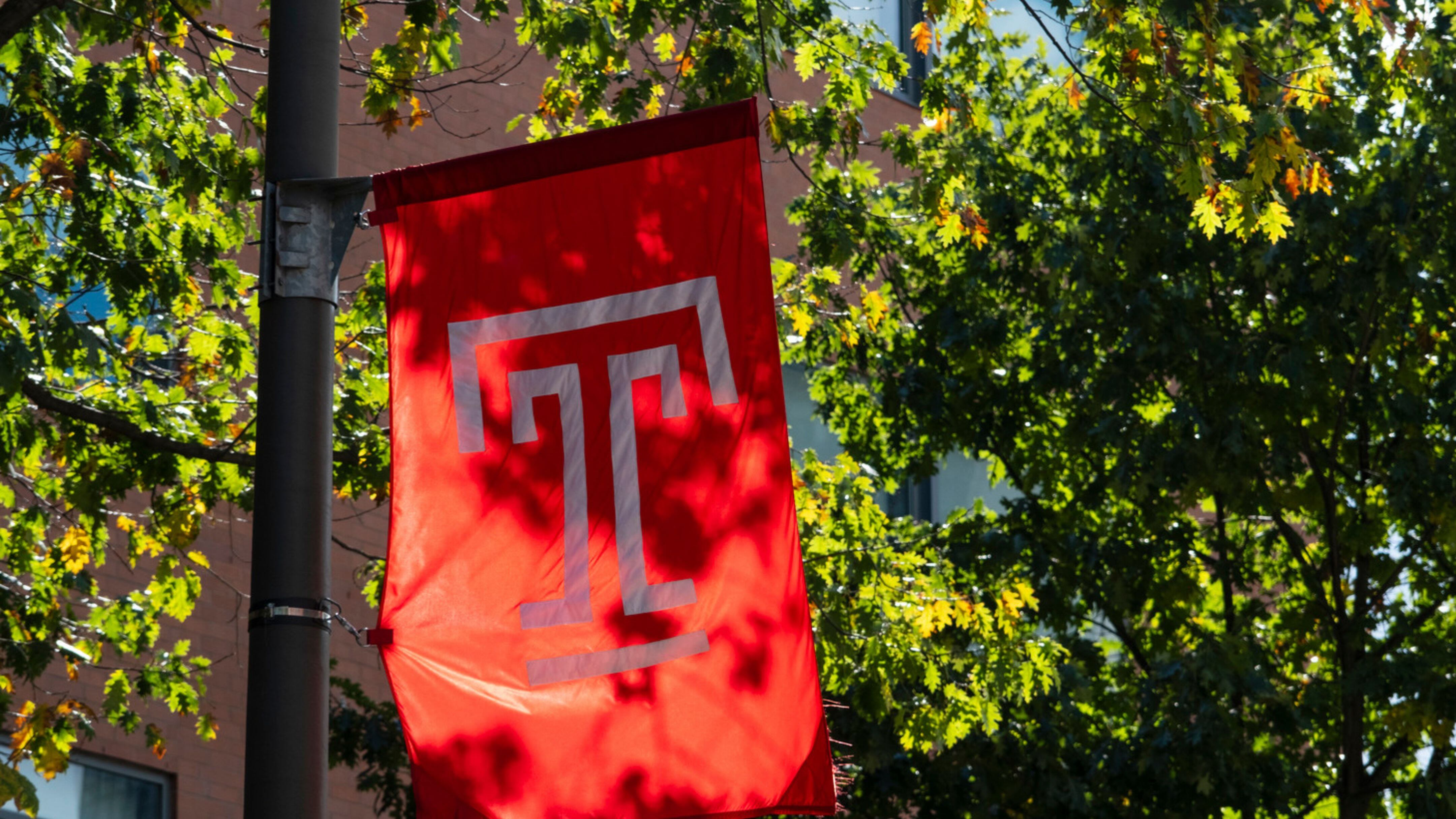Temple University prides itself on an accelerated commitment to impactful community leadership and engagement. It offers various connections and support to local communities. Recently, key members of Temple University’s administration and faculty participated in a webinar about combatting gun violence in Philadelphia.
The event was led by Deborah Cai, a scholar in residence of the Academy of Management’s Conflict Management division. Cai is an internationally recognized researcher, communication professor and senior associate dean of Temple’s Klein College of Media and Communication.
“This webinar grew out of many conversations with David Brown about the important work of addressing gun violence in Philadelphia,” Cai wrote. “Even though the rate of violent crime went down from 2023 to 2024, there’s still a lot of work to be done. What can be done? We brought together experts who could address this important question from very different perspectives.”
The webinar, sponsored by the Academy of Management’s Conflict Management division and the International Association for Conflict Management, was a collaborative effort that featured insightful discussions on life-saving conflict management.
David W. Brown, Executive Director of the Civic Coalition to Save Lives
Klein College Assistant Dean of Community and Communication David W. Brown has dedicated much of his life to conflict resolution and community building.
His work at Temple and with the Civic Coalition to Saves Lives attempts to answer the question: How can we equip people doing the work to do it better?
“You can't reduce gun violence by enforcement or prevention on intervention alone. You have to have all three areas working together,” Brown stated. “I think that part of what we are looking to make sure happens is that all of those areas have to be able to work together in order not just to reduce gun violence but to sustain that decrease.”
One way that he and the coalition work towards their goal is to secure funding that can mobilize resources to equip organizations, non-profits and other intervention partners to reduce gun violence. These resources enable those groups to continue their intervention work with a particular focus on stable housing, meaningful employment and effective behavioral wellness for those affected by gun violence.
Brown highlighted the far-reaching ripple effects of gun violence, like an individual’s ability to work, live and interact in the community afterward.
Amy J. Goldberg, The Marjorie Joy Katz Dean of the Lewis Katz School of Medicine at Temple University
Dean Amy J. Goldberg has dedicated more than 30 years to medical education, clinical practice and community service. Her research has focused on penetrating trauma injury, prevention programs and shaping the conversations around gun violence intervention.
“It wasn’t enough just to do an operation or change a dressing… we needed to, and we're obligated to do so much more than that to prevent and keep people out of our trauma bays, out of our hospitals, out of our operating rooms and we were desperate to do something and make an impact,” said Goldberg.
Goldberg is a nationally celebrated surgeon, scholar and collaborator with the Civic Coalition. She has the unique advantage of seeing the arc of preventative work over several decades and has started many community programs related to gun violence prevention.
“We thought about what we could do, how we could educate and how we could help our communities and created Cradle to Grave,” she shared.
Cradle to Grave, which began in February of 2006, helps reduce the proclivity toward attitudes and aggressive responses to shame that can lead to violence by showcasing the harsh reality of gunshot trauma to individuals.
“I’m grateful for the work and programs that we have here because I know we are doing something and that we are making a difference.”
Jennifer Midberry, KLN’ 16, Associate Professor in the Department of Journalism
As a Klein-Carnell Rising Scholar and journalism research advisor for the Philadelphia Center for Gun Violence Reporting, Jennifer Midberry has helped shape journalism and how the media interacts with community members.
“It starts with the perspectives of the people who are really the experts [on gun violence], and who are the most important people in terms of moving toward improving the practices and gun violence prevention,” she noted.
Previously, Midberry has worked alongside Goldberg to collaborate with Temple Health’s Gun Violence Trauma Center and local journalists regarding the ethical coverage of gun violence victims.
Her award-winning research demonstrates the necessity of placing community members and their individual experiences at the centers of studies. By actively listening to victims and marginalized groups and focusing on what is important to them, problematic norms in journalism can be tackled head-on.
“Let’s focus. Let’s take a public health approach to this issue instead of just a crime approach because solutions and public health approaches offer that avenue of change and of optimism that crime narratives don’t give us,” said Midberry.
The university continues to form more contributions to better understand urban violence and how to reduce it in the city of Philadelphia and worldwide.
“Here at Temple, we carry these missions,” Goldberg said. “You know our mission with us in our hearts every day, and I think all of us really want to do whatever we can to help. And it's really activating each one of us to really put something together so we can attack every part of the issue.”

